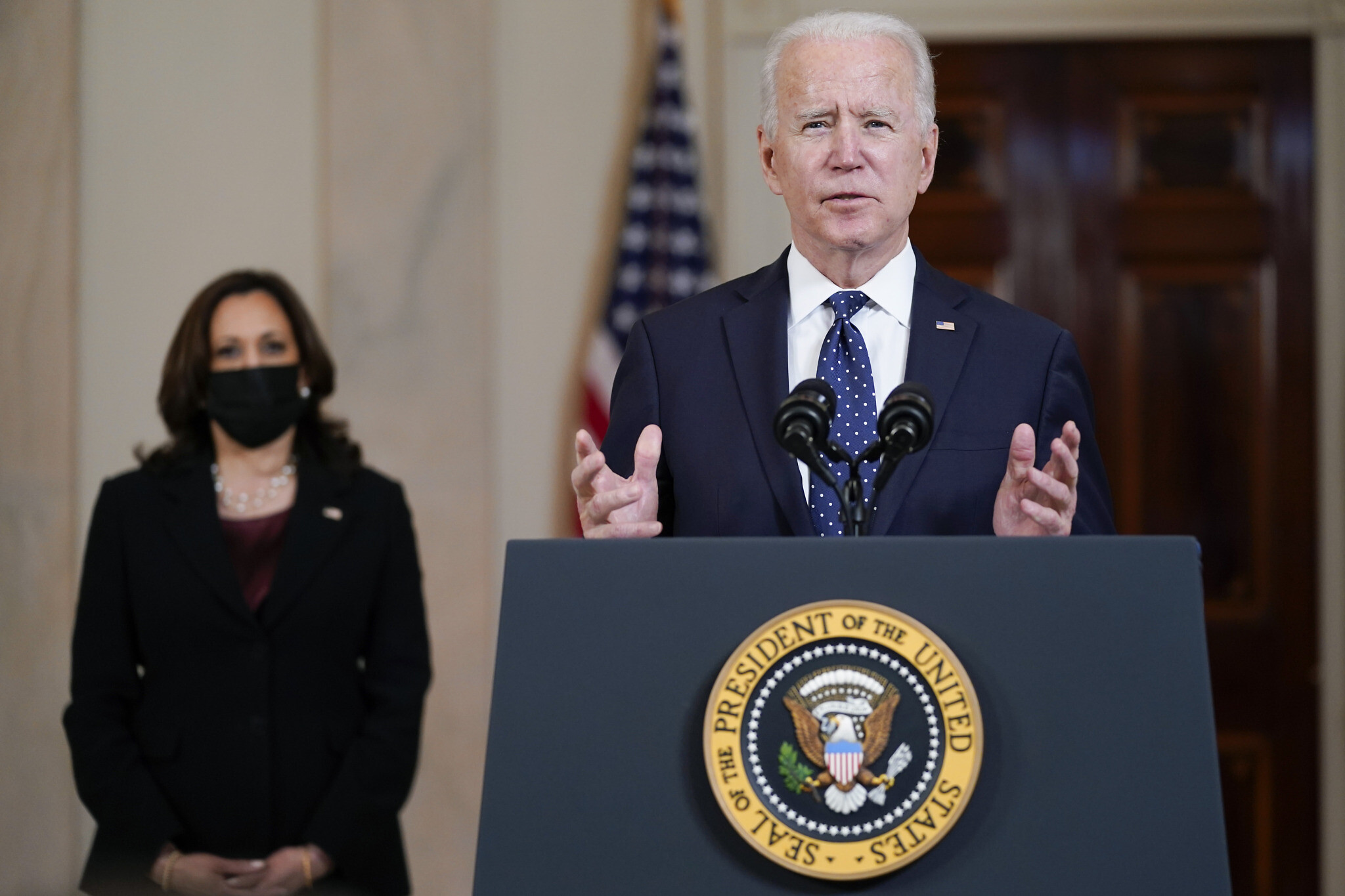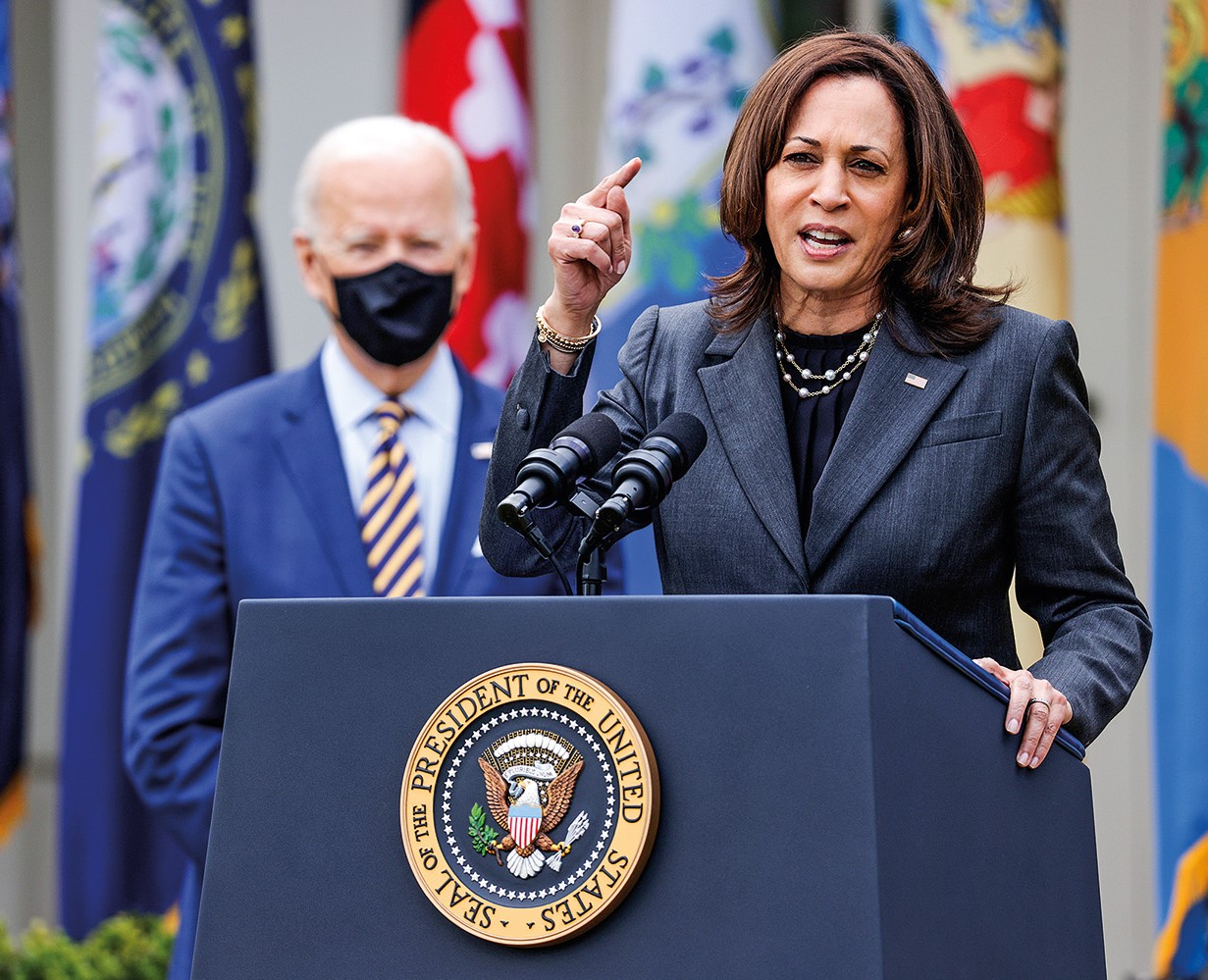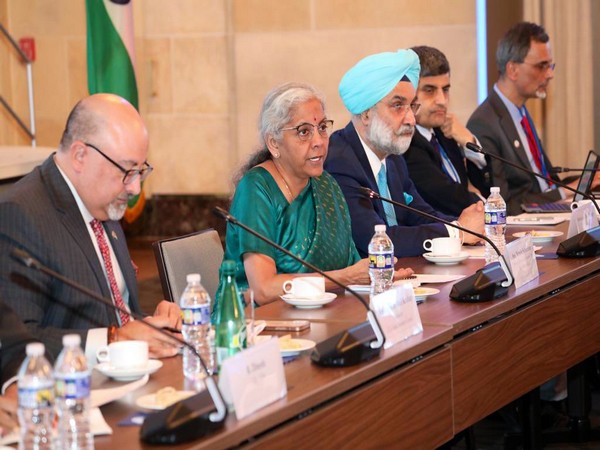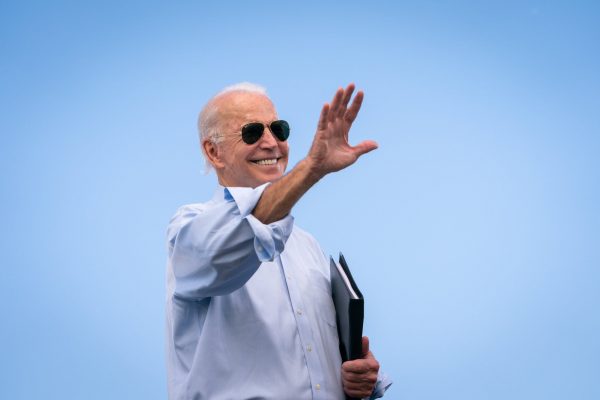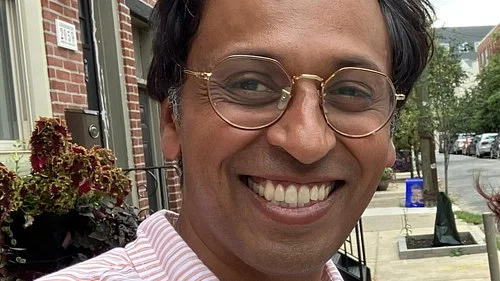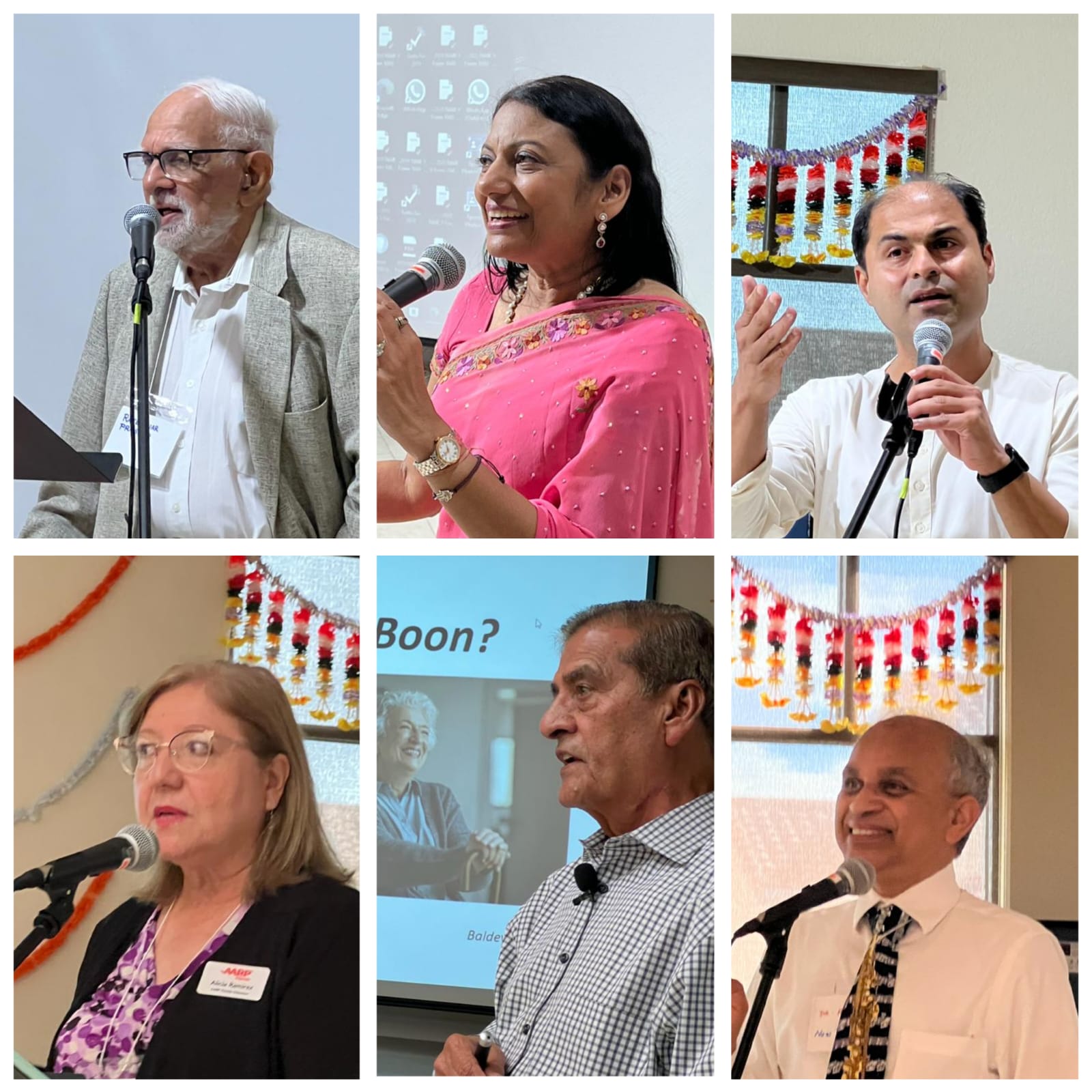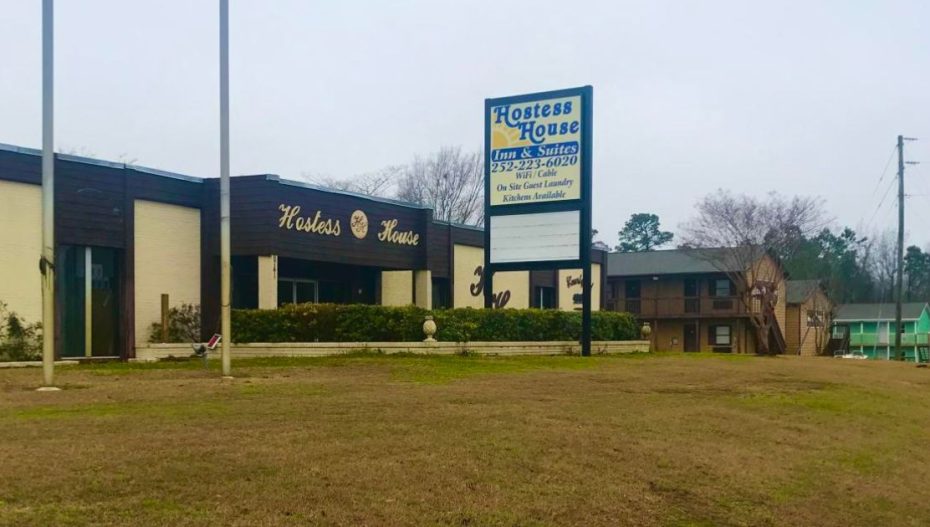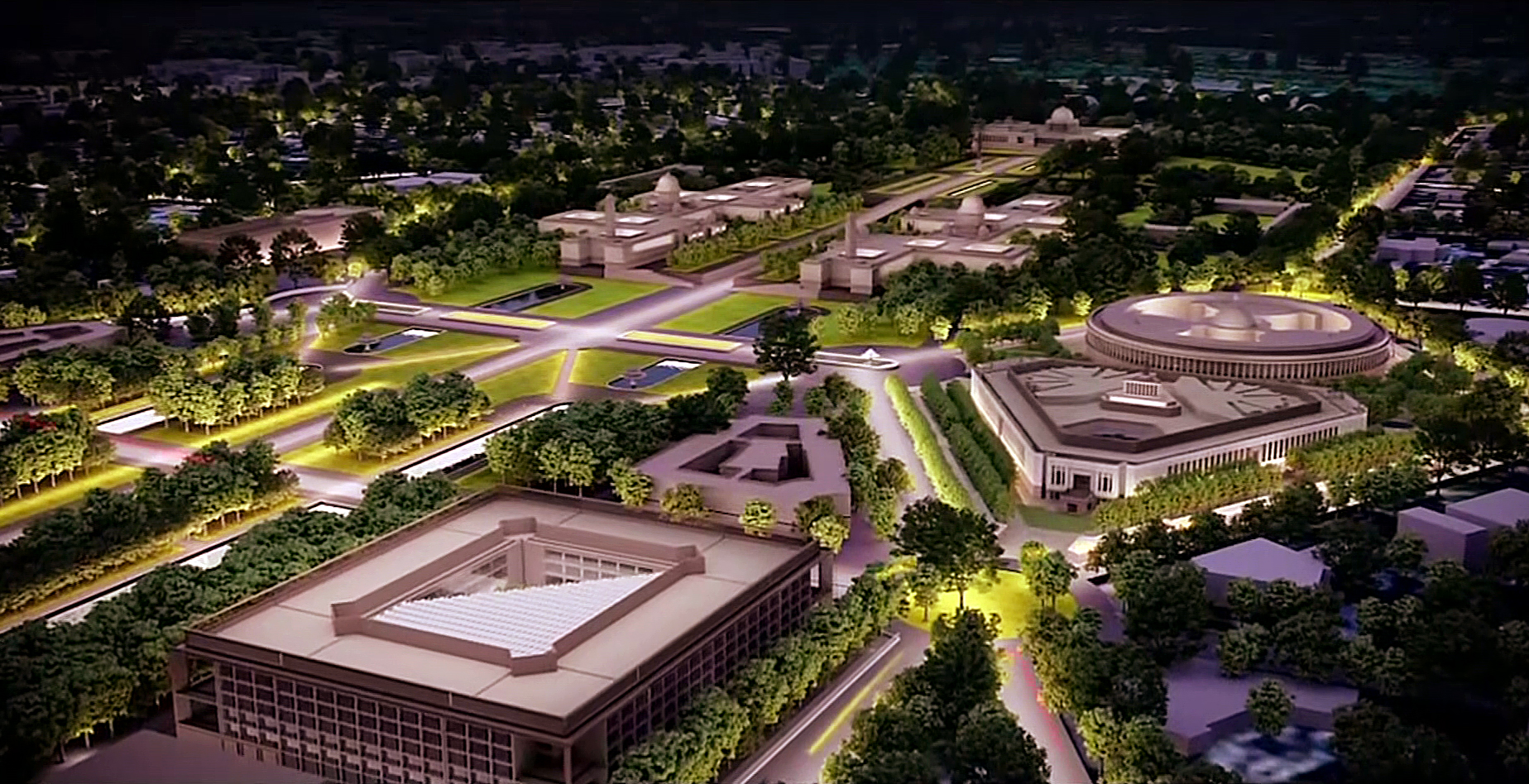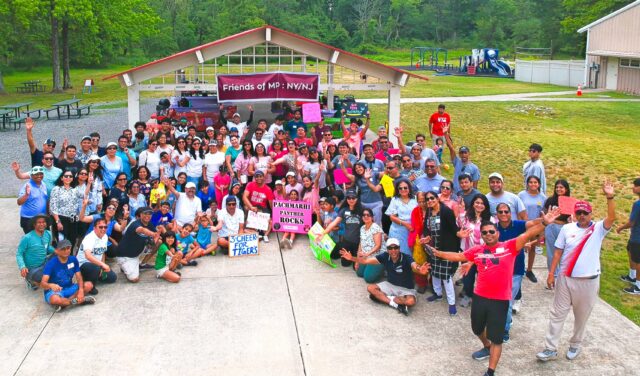As India cries for help, the US government promises to offer the much-needed support
Our Bureau
Washington, DC/New Delhi
India needs help. It has already asked the US for support, especially for raw material that is used for making vaccines. But little help has come from the US so far.
On Sunday, the US it was rushing therapeutics, rapid diagnostic test kits, ventilators, and Personal Protective Equipment (PPE) to help treat Covid-19 patients and protect front-line health workers in India. The announcement came only after severe criticism of its response to pleas for help from India. The United States also is “pursuing options to provide oxygen generation and related supplies on an urgent basis,” the White House National Security Council said in a statement.
Earlier, the US defended restrictions on the export of key raw materials for the manufacture of COVID-19 vaccine that threatens to slow India’s vaccination drive. In a blunt statement, a senior State Department official said the Biden administration’s first obligation is to take care of the requirements of the American people.
This caused a shock in India and people were getting angry. The Indian social media is full of anger against the US government. Even American civil society, lawmakers, and businesses are joining the denunciation of Washington. Also, former administration officials and Democratic Party stalwarts are urging the Biden White House to respond to India’s needs. “India’s current wave requires immediate support from the United States and the international community. India has always stepped up to support others in need and now the time has come for us to help India,” tweeted Nisha Biswal, a former US assistant secretary of state for South Asia in the Obama administration.
According to a report by the Duke Global Health Innovation Center, the United States is on track to have an oversupply of up to 300 million or more vaccine doses as soon as July – counting the Astra Zeneca and Johnson and Johnson vaccines that Washington has side-lined – even as many countries in the developing world will have to wait years to vaccinate a majority of their populations.
Even the vast Indian-American community is getting upset with the US administration. Instagram and Twitter have become the primary platforms for Indians abroad to stay informed on the Covid-19 situation in India, resulting in an increased sense of helplessness within the community. Visuals of desperate people outside hospitals, mass graves, cremation sites, and endless tweets asking for leads on oxygen cylinders, plasma donors, or Covid beds are only exacerbating this despair. Google Docs and other online toolkits have been created, and people are relying on the all-powerful tool of resharing, retweeting or forwarding the cries for help.
There are many who want the US to lift its export embargo on raw materials needed to mass-produce vaccines. Given the importance of Indian origin communities as political groups in countries like the US, this could have big impact on India-US relations.
In this situation, social media appeals by Indian-Americans in the face of challenges in the subcontinent can be wielded for good. Providence-based physician Ashish K. Jha, for instance, made a simple call for help to the US government with regards to the hoarding of vaccines. “We are sitting on 35-40 million doses of AstraZeneca vaccine Americans will never use. Can we please give or lend them to India? Like may be now? It’ll help. A lot,” Jha said.
The International Monetary Fund (IMF)’s chief economist Gita Gopinath offered a more general statement expressing her thoughts on India’s Covid crisis — “Deeply disturbed by the exploding health crisis in India. So many of my family, friends and colleagues grappling with this second wave.”
The Biden administration has denied that there are any ‘outright bans’ on the export of vaccine raw materials in response to an appeal by vaccine manufacture Serum Institute of India’s (SII) owner, Adar Poonawalla, to U.S. President Joe Biden, asking him to lift an embargo on exports.
Poonawalla, on April 16, had asked Mr Biden to “lift the embargo” on raw materials to assist the production of COVID-19 vaccines. SII, which produces ‘Covishield’, a version of the COVID-19 vaccine developed by the University of Oxford and AstraZeneca, uses bio-reactor bags from U.S. firms ABEC and GE Healthcare to grow cells for their vaccines, according to reports. It also uses filters, microcarrier beads and cell culture media- all of which are in short supply.
But emptions are running high in India and the role of Biden-Harris administration during a grave crisis can create a long-term anti-Americanism in India.
















